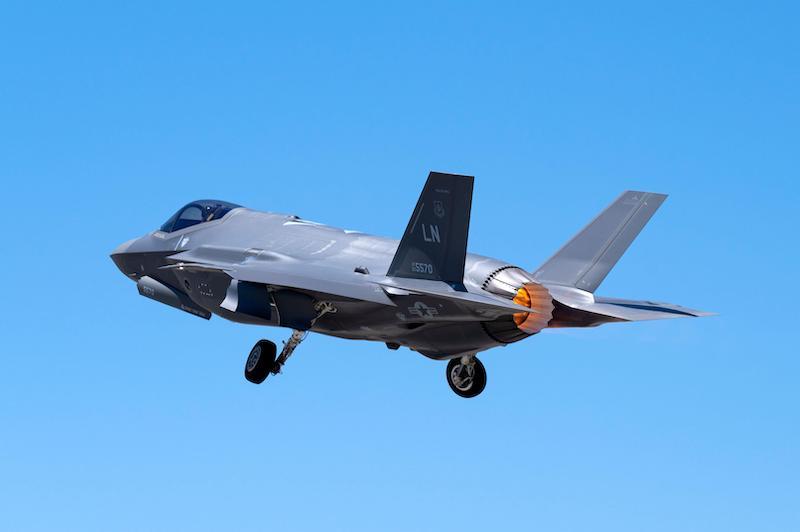
Credit: USAF/Tech. Sgt. Rachel Maxwell/APFootage/Alamy
LONDON—Pratt & Whitney now has 400 engineers working on a major upgrade for the F135 engine that powers the Lockheed Martin F-35, as the company waits for congressional approval of the formal program go-ahead in fiscal 2024, a company executive told Aerospace DAILY July 13. The team assigned to the...
Subscription Required
This content requires a subscription to one of the Aviation Week Intelligence Network (AWIN) bundles.
Schedule a demo today to find out how you can access this content and similar content related to your area of the global aviation industry.
Already an AWIN subscriber? Login
Did you know? Aviation Week has won top honors multiple times in the Jesse H. Neal National Business Journalism Awards, the business-to-business media equivalent of the Pulitzer Prizes.





